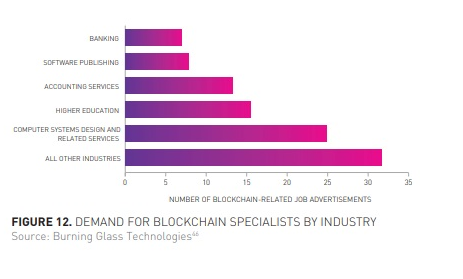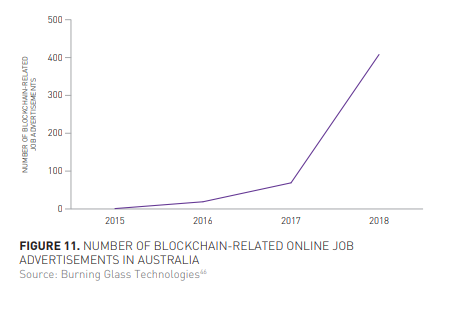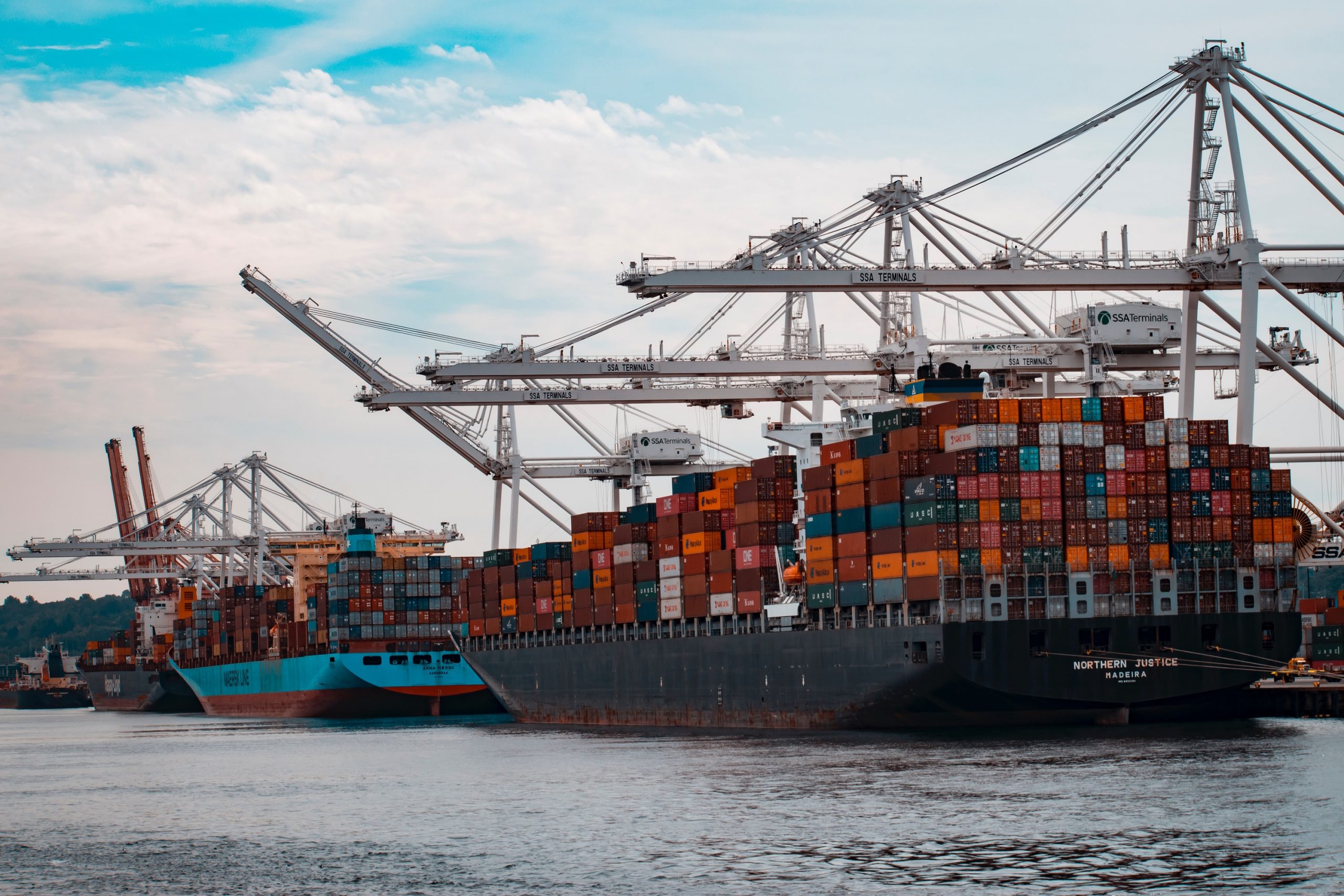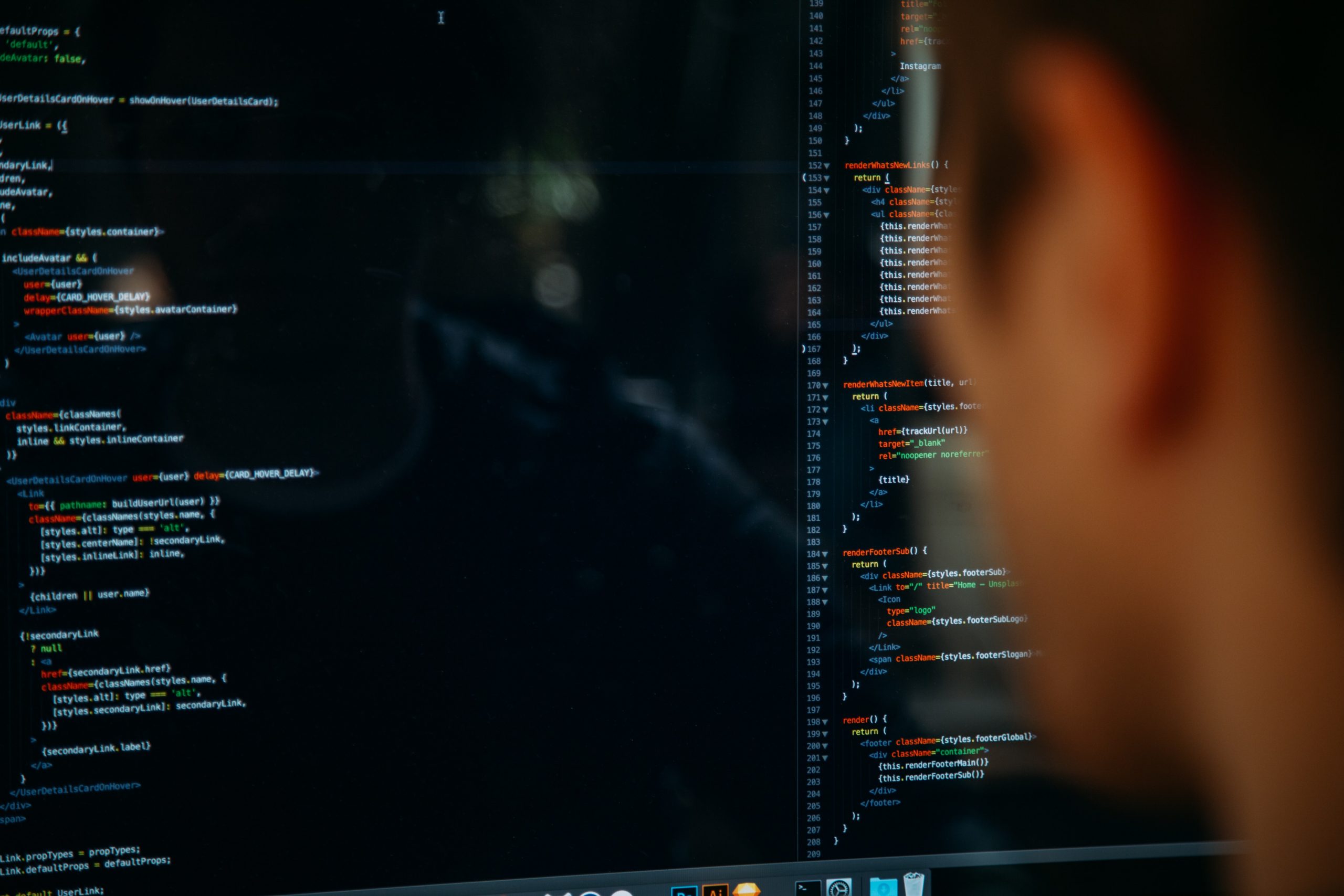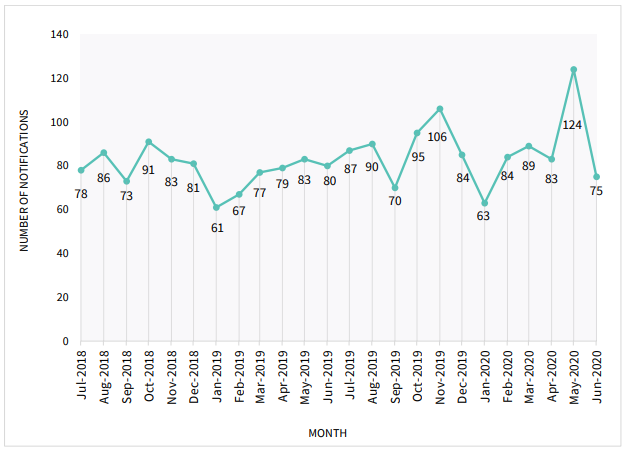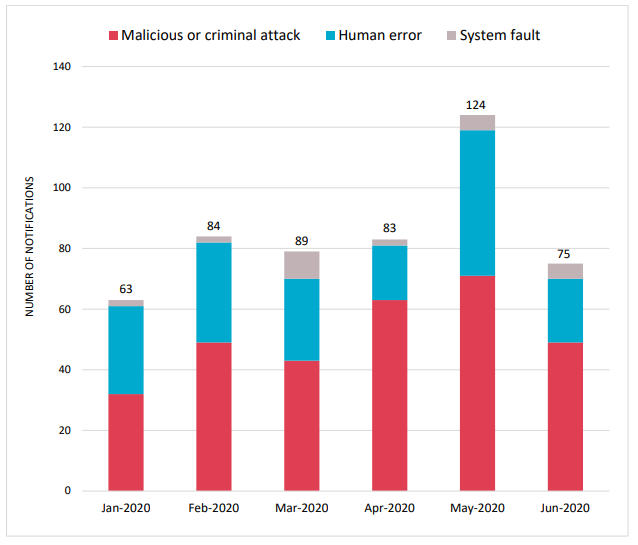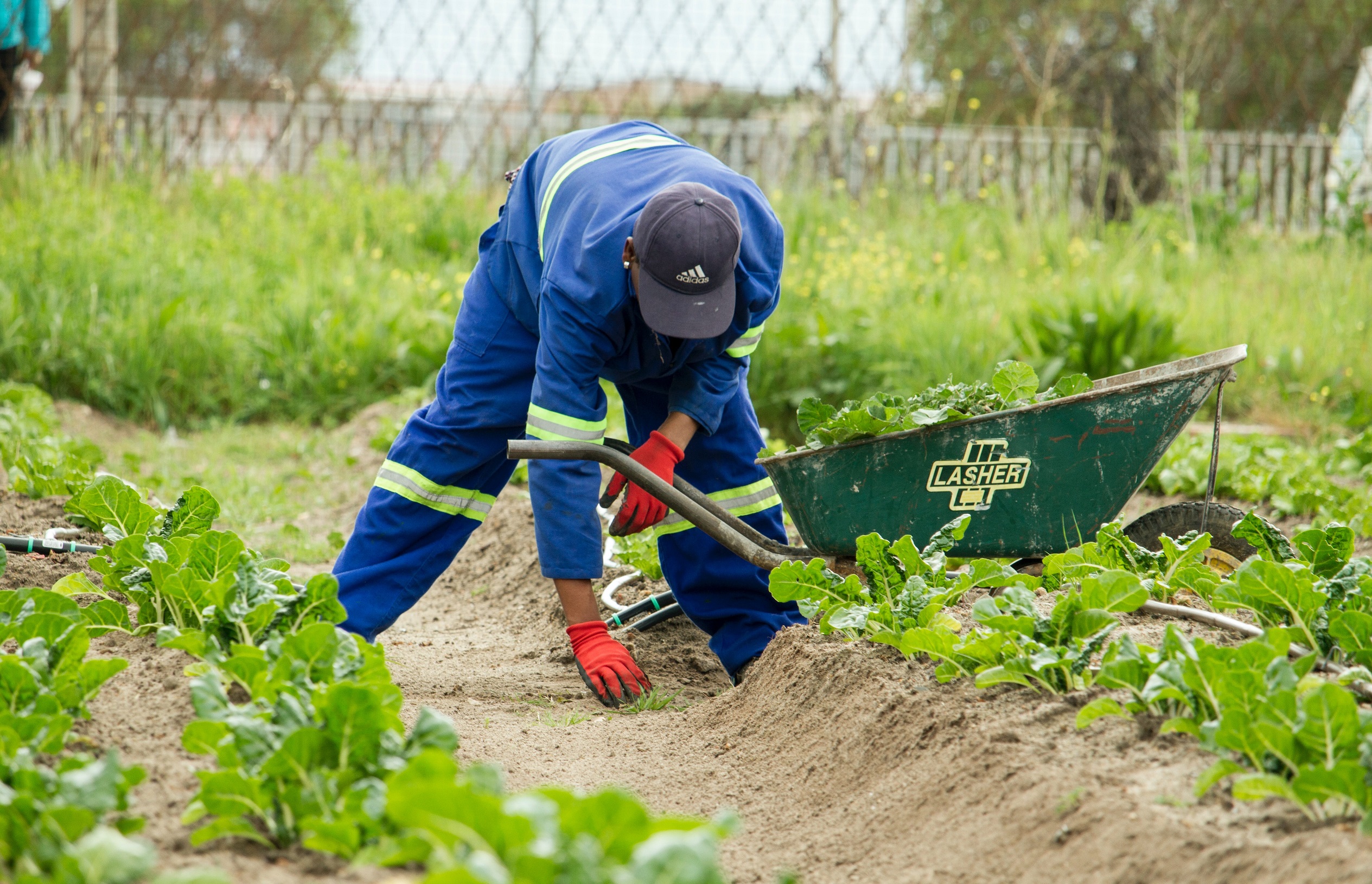Red meat accounts for around 1.5 percent of Australia’s GDP. For many years, Australia has consistently been one of the top five beef exporters in the world, with much of the exported beef going to one of Australia’s key business partners, China. Now, Australia Exporters are considering integrating blockchain technology to cement the Australian beef brand in China
But what do Chinese customers think of Australian beef, though, and how does blockchain technology relate to the Australian export beef market?
According to a recent study, Chinese customers are great fans of Australian beef. So much that they are willing to pay between 6.2 AUD and 11.27 AUD more for a 150 gram cut of beef — if they could be reassured that the beef was true blue through and through.
With this in mind, Australian brands, encouraged by the government, have settled upon blockchain technology as a way of reassuring customers worldwide that their fresh cuts are as authentic as the label states.
Recommendations published in the Australian Blockchain Roadmap state that in order to capitalise on Australia’s current technological standing and realise the potential of blockchain technology both locally and worldwide, Australian businesses must:
- Integrate efficient, effective, and appropriate regulatory standards
- Enhance critical blockchain skills in order to drive innovation
- Establish strong international investment and collaboration — such as blockchain integrations into Australian beef exports
China Integrates Blockchain into Existing Supply Chain
Chinese commerce organizations have leveraged blockchain technology in order to track the provenance of products for some time now, with major enterprises incorporating blockchain elements in the supply chain to qualify product authenticity.
China Mobile, one of the leading telecommunications companies in China, has been distributing water purifiers whose usage was tracked through blockchain, rewarding users with free new water filters.
As a part of Australia’s greater roadmap for national blockchain development, Australian companies stand to benefit greatly from integrating blockchain technology into their business plans.
Not only are blockchain endeavors championed by the government, but they are also highly appreciated by clued-in customers who will use this technology to make more informed choices.
Setting an example for other high-profile Australian businesses who may be looking into adopting blockchain technologies, the Australian beef industry now has the opportunity to be a trailblazer that will soon lead to not only increased customer satisfaction but increased profit as well.



